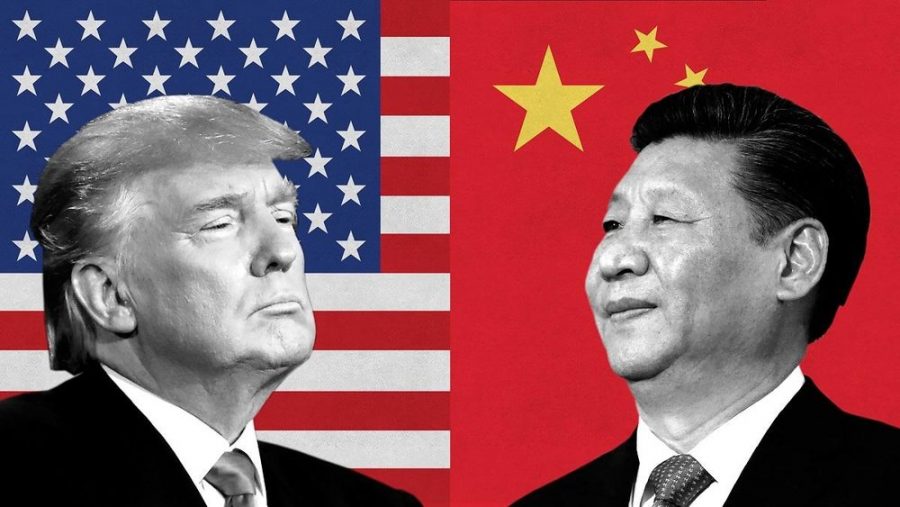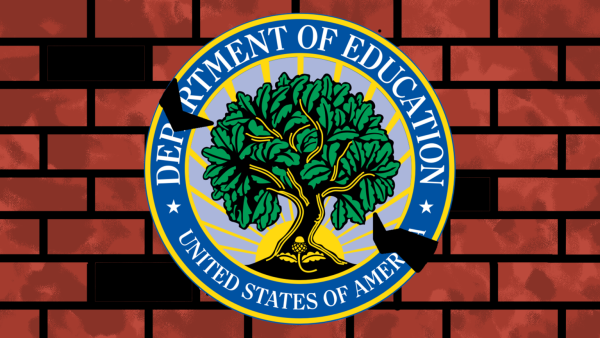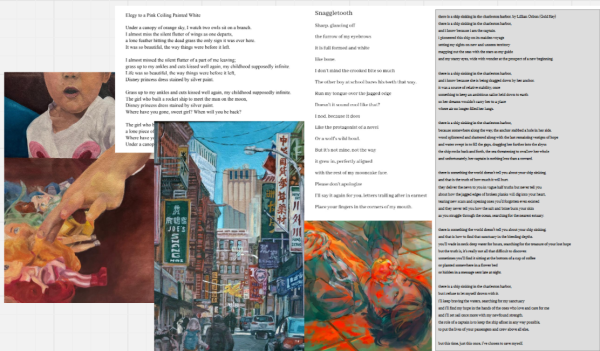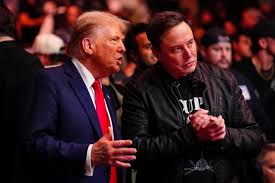China to raise tariffs on $60 billion of US goods
An extended trade war between the U.S. and China will be unsustainable and will likely hurt both economies.
After long talks of negotiating a trade deal between China and the U.S., the Chinese government decided to impose tariffs on $60 billion of U.S. imports. These tariffs will be placed on items ranging from aircraft parts, wine, machinery, cotton, and other goods.
The Chinese countermeasure comes as a hit back at U.S. tariffs on $200 billion of exports from China last week. The U.S. stated that the reasoning for these tariffs were due to the Chinese practicing unfair trade in terms of technology transfers, intellectual property, and access to their giant market in general.
President Donald Trump Tweeted “You had a great deal, almost completed, & you backed out!” in response to these actions. The Chinese government decided to place these tariffs as a retaliation to American tariffs on a range of Chinese goods.
Although the U.S. has had a prolonged trade deficit with China, 2018 surprisingly saw a $40.5 billion surplus of U.S. goods and services to China. Had China been taking advantage of the U.S. in the past? The answer to that is up for debate, but what is obvious is that the U.S. has become much more headstrong at protecting the interests of U.S. businesses in recent years. Even so, there are disastrous effects that can surmount from a trade war between arguably the two most economically important countries in the world.
Over the span of Donald Trump’s presidency, this major issue has gripped both the Oval Office, U.S. economy, and U.S. relationship with China. Not only does the U.S. economy greatly rely on China, but the entire world economy relies on both China and the U.S. So, what is the big deal about this trade war going on between the two economic powerhouses of the world?
To put things into perspective, some of America’s biggest companies rely on China to be successful in the market place. Apple, Nike, Boeing, and other companies are a major player in the lives of the booming Chinese middle-class. China as a buyer is vital in the progress of American companies, as nearly $1.1 trillion dollars in treasuries to the U.S. are credited to China. Last year alone, about $700 billion of good were sent between the two countries.
After the retaliation by China, the Dow even plunged 617 points in one day. These moves for leverage between the two countries can hurt businesses from both countries. As tariffs increase, prices increase greatly for consumers, supply chains are disarranged, and uncertainty in the market increases.
In a time where the U.S. and China should be working together to help the global economy, the two countries are instead battling over economic supremacy and being largely protective of their own interests. Hopefully, the nations will be able to reconcile soon for the sake of the world economy. In the meantime, consumers and producers from both countries will reap the consequences of the trade war.








